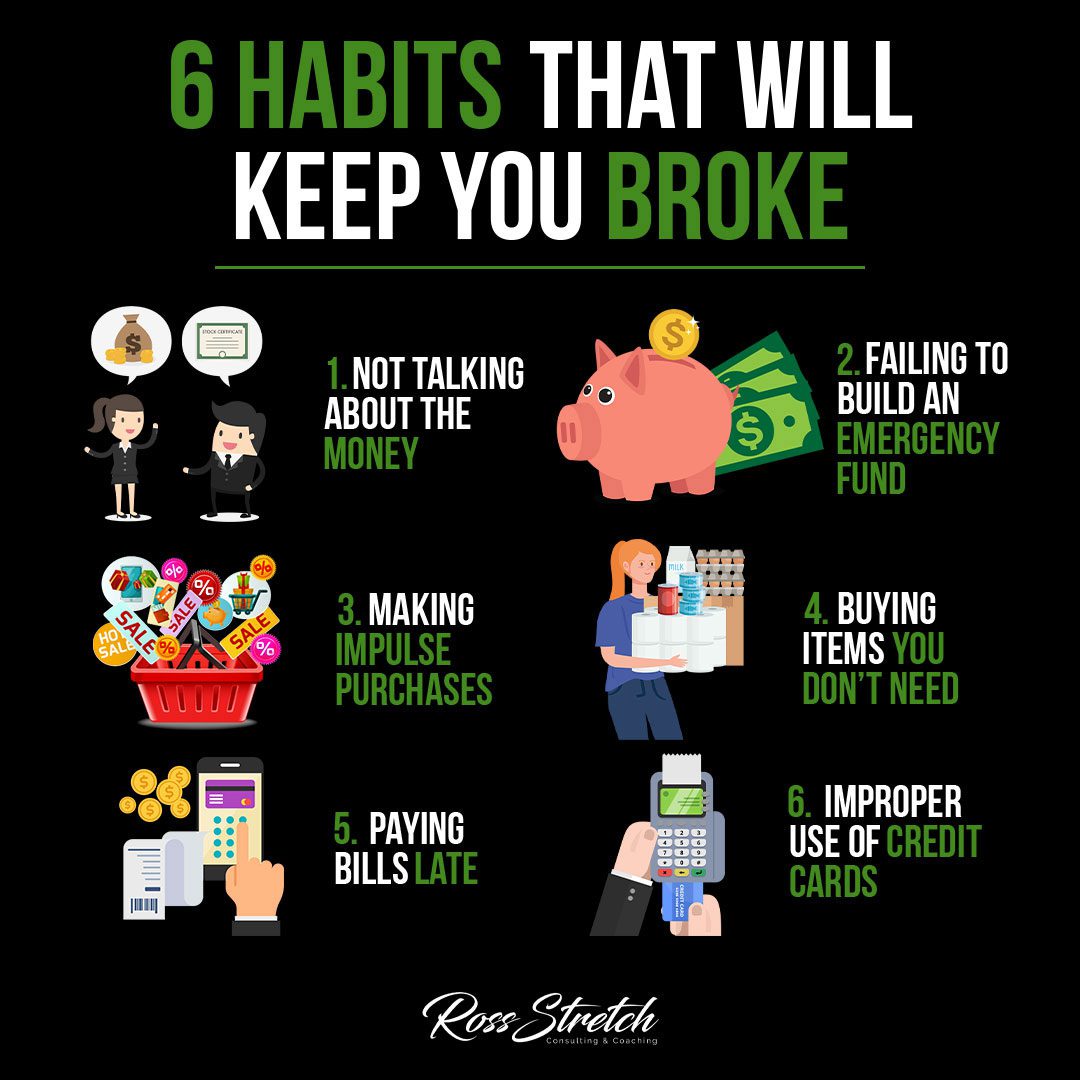Introduction: Not Talking About Money
Money is often a taboo topic, but avoiding conversations about finances can lead to financial instability. By not discussing money openly, you miss out on valuable opportunities to learn and improve your financial situation. It’s essential to break this habit and start discussing money matters with trusted individuals, seeking advice, and gaining valuable insights.
Failure to Build an Emergency Fund
An emergency fund acts as a safety net during unexpected financial challenges. However, many people neglect to build one, leaving them vulnerable to debt or financial crises. By setting aside a portion of your income regularly, you can gradually build an emergency fund that will provide financial security when faced with unexpected expenses.
Making Impulse Purchases
Impulse purchases are one of the leading causes of financial instability. Whether it’s buying unnecessary gadgets, clothes, or dining out excessively, these impulsive decisions drain your finances. To avoid this habit, take time to evaluate your purchases and differentiate between wants and needs. Practicing mindful spending can significantly improve your financial situation.
Buying Items You Don’t Need
Similar to impulse purchases, buying items you don’t need can quickly drain your bank account. Retail therapy and keeping up with the latest trends can lead to unnecessary spending. Instead, focus on prioritizing essential items and spending on experiences rather than material possessions. By curbing this habit, you can save money and redirect it towards more meaningful goals.
Paying Bills Late
Late bill payments can result in additional fees, penalties, and damage to your credit score. This habit not only wastes your hard-earned money but also hampers your financial stability. Create a system to stay organized with your bills, set reminders, and consider setting up automatic payments to avoid this costly habit. Punctual bill payments will keep your finances on track and improve your overall financial health.
Improper Use of Credit Cards
Misusing credit cards can quickly lead to financial trouble. Racking up high-interest debt, only making minimum payments, and exceeding your credit limit are all signs of improper credit card use. To break this habit, practice responsible credit card usage by paying off your balances in full each month, keeping your credit utilization low, and being mindful of your spending habits. This will help you maintain a healthy credit score and avoid unnecessary interest charges.
In conclusion
Breaking the habits that keep you broke is crucial for achieving financial stability. By addressing these six key areas—avoiding money conversations, building an emergency fund, resisting impulse purchases, buying only what you need, paying bills on time, and using credit cards responsibly—you can take control of your finances and work towards a more prosperous future. Remember, it’s never too late to make positive changes and improve your financial well-being.


